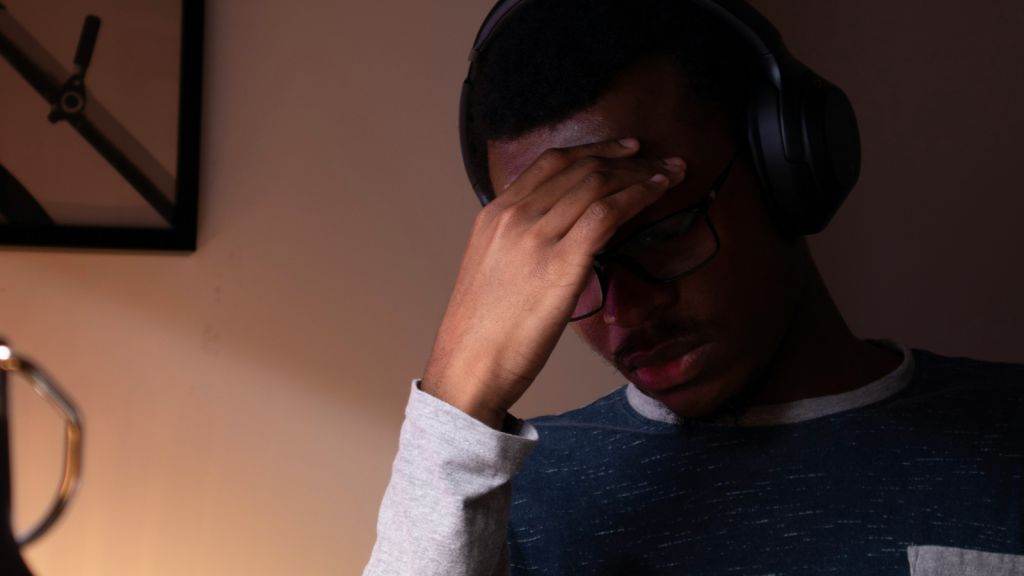 Do you feel overwhelmed?
Do you feel overwhelmed? We’ve all been there ― you wake up, think about everything you have to do that day, and immediately feel so defeated you want to stay under the covers for as long as possible.
Overwhelm, that crushing “there’s too much to do, and not enough of me to do it” feeling, can elevate your stress levels and may even be a sign of other conditions.
Still, overwhelm can be hard to spot, not least because it’s easy to confuse with regular fatigue.
So it’s a good thing psychologist Dr Rick Hanson recently shared the “number one sign” of overwhelm on Zoe Blaskey’s The Motherhood podcast.
How can you spot overwhelm?
Dr Hanson shared that one way to check in on what he calls our “stress-ometer” is by paying attention to our levels of frustration.
He says that it’s important to keep an eye out for moments when we’re “so frustrated and so mad and so stressed and so rattled” for situations that don’t quite merit that level of annoyance.
“As soon as you start to notice that your stress-ometer is moving into dark red, as best you possibly can, disengage and get that stress-ometer back at least into orange, if not yellow or green,” he advised.
Dr Diane Robinson, a neuropsychologist at Orlando Health, agreed, saying that crying for no apparent reason, “moodiness,” irritability and withdrawing from other people can all be signs of overwhelm.
“Try to take a step back, observe your thoughts and gently challenge yourself to find alternate explanations for your stress-related thoughts,” she suggested.
Are there any other signs of overwhelm?
The Counselling Directory says other signs of overwhelm include: difficulty concentrating, changes in your sleep patterns, mood swings, withdrawing from your hobbies, and even physical signs like headaches, tense muscles, stomach issues, or appetite changes.
The NHS says you should consider seeing a doctor about stress or overwhelm if you’re struggling to cope with stress or your go-to coping mechanisms are not helping.
You can listen to the episode on The Motherkind podcast below.
Help and support:
- Mind, open Monday to Friday, 9am-6pm on 0300 123 3393.
- Samaritans offers a listening service which is open 24 hours a day, on 116 123 (UK and ROI - this number is FREE to call and will not appear on your phone bill).
- CALM (the Campaign Against Living Miserably) offer a helpline open 5pm-midnight, 365 days a year, on 0800 58 58 58, and a webchat service.
- The Mix is a free support service for people under 25. Call 0808 808 4994 or email help@themix.org.uk
- Rethink Mental Illness offers practical help through its advice line which can be reached on 0808 801 0525 (Monday to Friday 10am-4pm). More info can be found on rethink.org.


